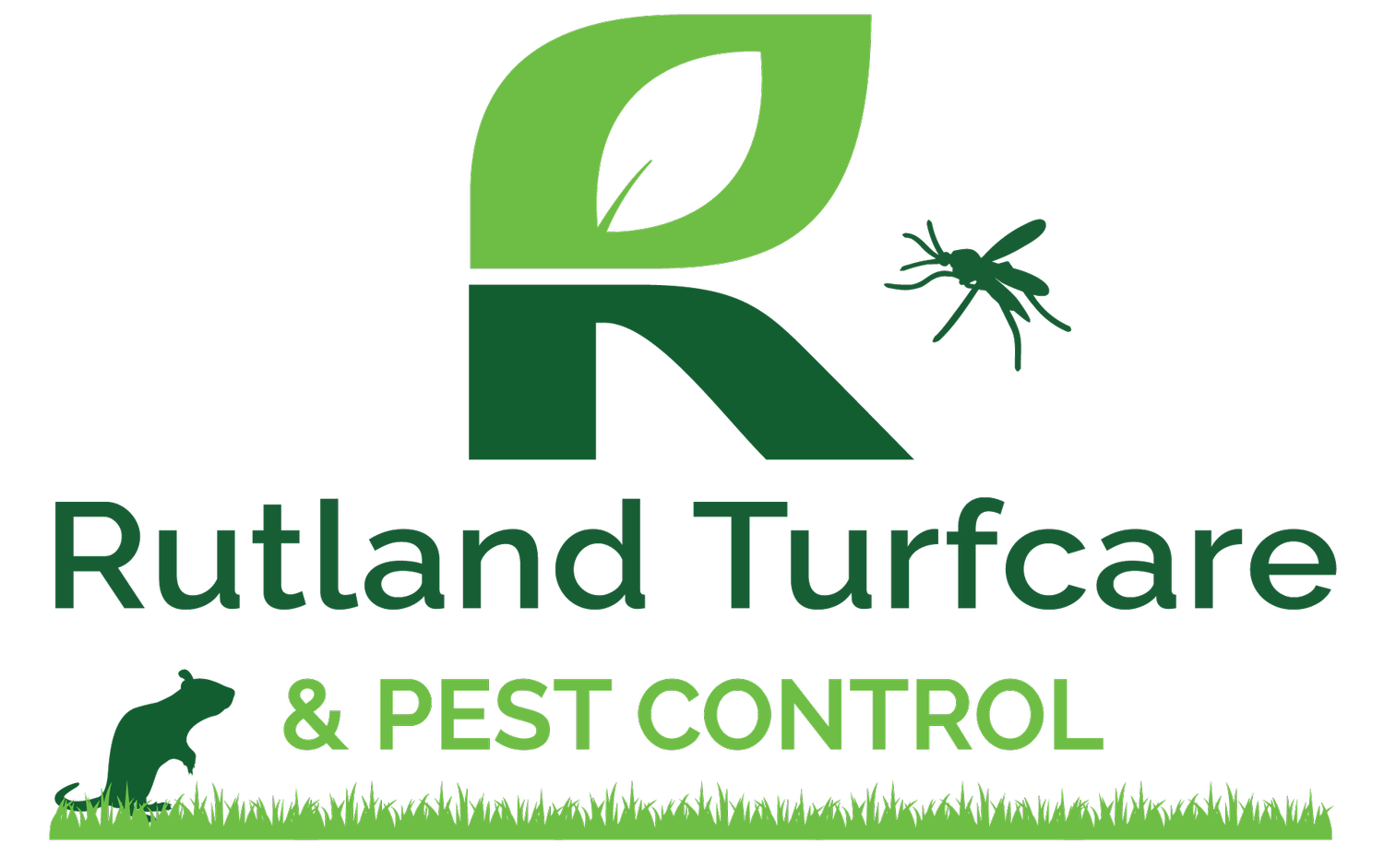The Secret to a Lush Lawn in Newton and Sudbury, MA: Expert Lawn Care Tips
Maintaining a beautiful and healthy lawn in Newton and Sudbury, MA is no small feat, especially since the climate can present unique challenges. Here are some expert lawn care tips to help nurture a lush, green lawn. Let's dive into the secrets of lawn care.
Related: Time for an Andover or Newton, MA Lawn Refresh? See the Difference of Professional Lawn Care
Understanding Your Soil
The foundation of any successful lawn care strategy begins with understanding the soil. The key is to conduct a soil test to determine the pH levels and composition. With this knowledge, you can make informed decisions regarding fertilization and other treatments, which a lawn care professional can help you with.
Choosing the Right Grass Varieties
Selecting the appropriate grass varieties for your lawn is crucial. Cool-season grasses thrive in this region due to the climate. Some suitable options include Kentucky bluegrass, fine fescue, and perennial ryegrass. These grasses have adapted to the local temperatures and are more likely to thrive when properly cared for.
Related: Are Pests Ruining Your Healthy Newton or Sudbury, MA Lawn? Enlist Professional Pest Control
Aeration for Healthy Roots
Aeration is a crucial step in promoting healthy root growth. Some professionals use a core aerator, which helps create small holes in your lawn to allow air, water, and nutrients to penetrate the soil more effectively. This process helps roots grow deeper and results in a more resilient lawn.
Feeding Your Lawn
Fertilization plays a pivotal role in maintaining a lush lawn. Opt for a balanced fertilizer with the right mix of nitrogen, phosphorus, and potassium. Professionals generally apply fertilizer in the early spring and late fall to provide the necessary nutrients for your grass to thrive. They will typically avoid excessive use of fertilizers, which can lead to nutrient runoff and harm the environment.
Controlling Weeds and Pests
Weed and pest control is essential for a healthy lawn. Where different types of weeds and pests may be present, it's crucial to choose the right products. The battle against weeds and pests begins with selecting the appropriate products for your specific lawn needs. When it comes to dealing with unwanted weeds, herbicides are a common choice. These chemical solutions are designed to target and eliminate different types of weeds, allowing your grass to flourish without competition.
Insecticides, on the other hand, are used to combat a variety of lawn-dwelling pests that can wreak havoc on your green oasis. From ants and grubs to mosquitoes and ticks, these substances are formulated to rid your lawn of troublesome insects that can cause damage and discomfort.
Controlling Grubs: Protecting Your Lawn's Roots
Grubs are a common lawn pest that can wreak havoc on your lawn by feeding on the roots of your grass. These larvae of beetles, such as Japanese beetles and June bugs, can quickly multiply and cause significant damage if left unchecked. It's essential to include grub control as part of your lawn care regimen.
Before you can effectively control grubs, it's essential to recognize the signs of their presence. Early detection can prevent extensive damage to your lawn. Look out for brown or yellow patches of grass that can be easily lifted, as grubs feed on the roots, weakening the turf's grip on the soil. Additionally, you may notice an increase in other lawn-dwelling creatures like birds, raccoons, or skunks, which feed on grubs.
Related: Experience Hassle-Free Lawn Care When You Hire the Pros in the Lexington and Newton, MA Areas
About the Author
As a local, family-owned company that’s been in business for over 60 years, we have unrivaled experience and a respected reputation within the lawn care industry. We stand by our quality of work, friendly service, and level of communication.

